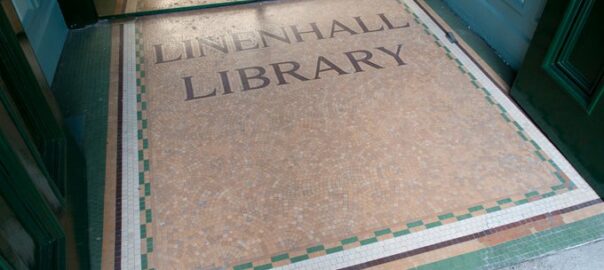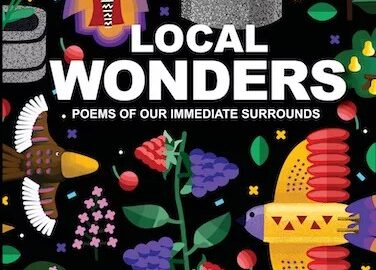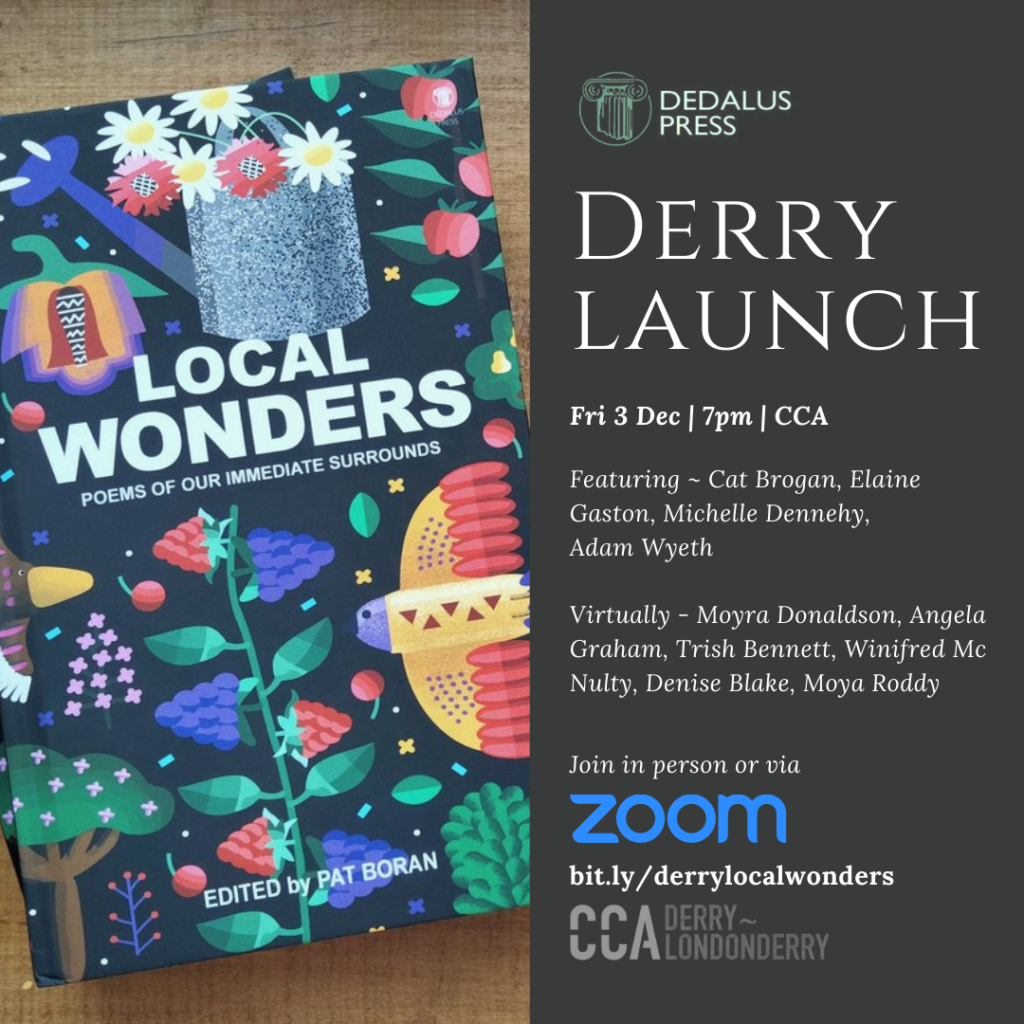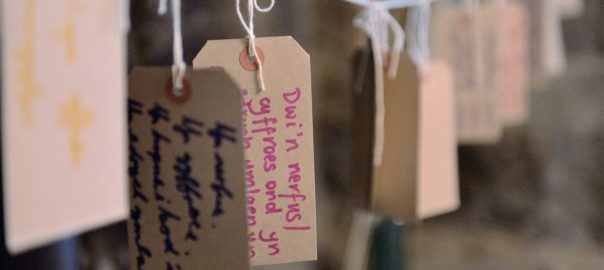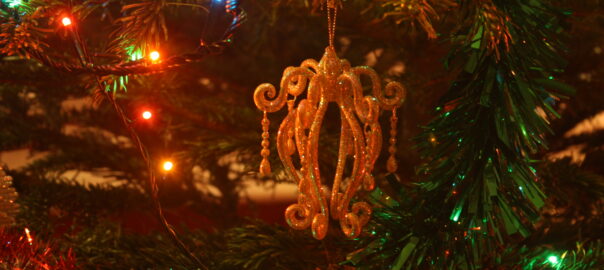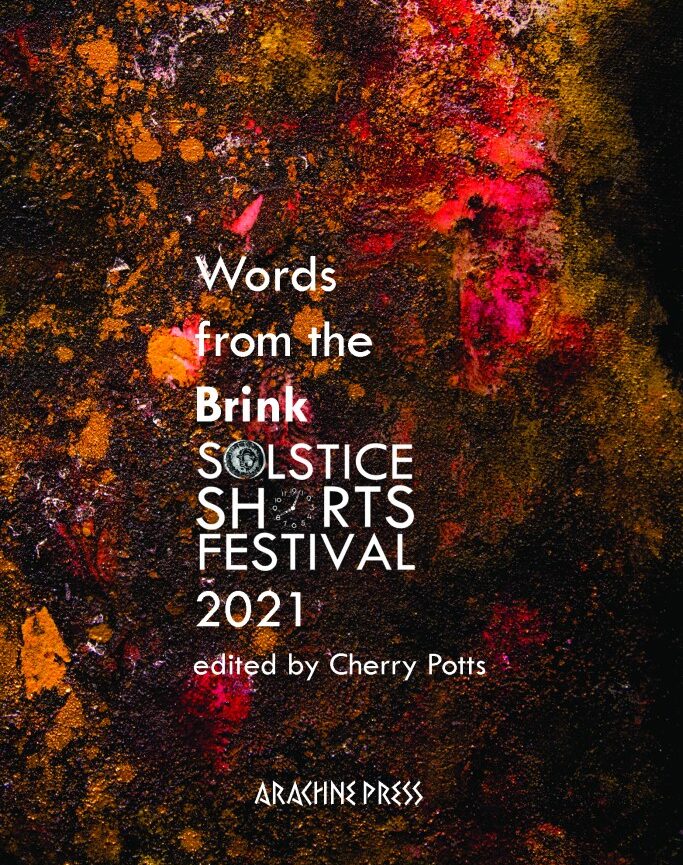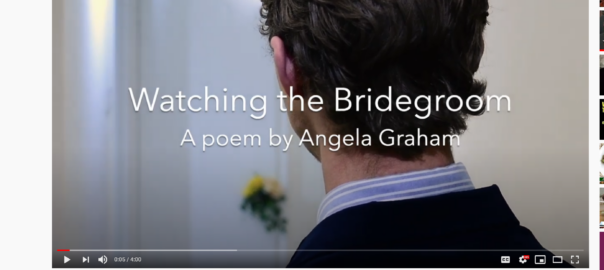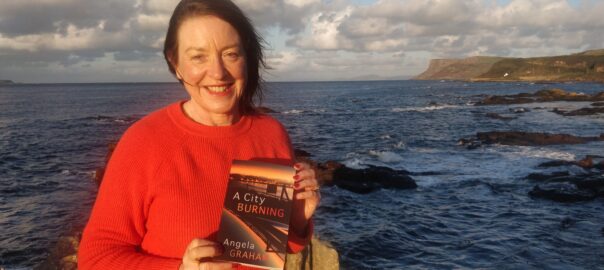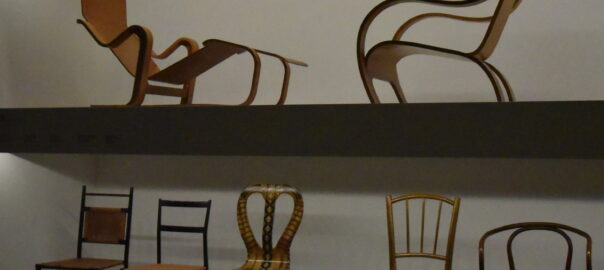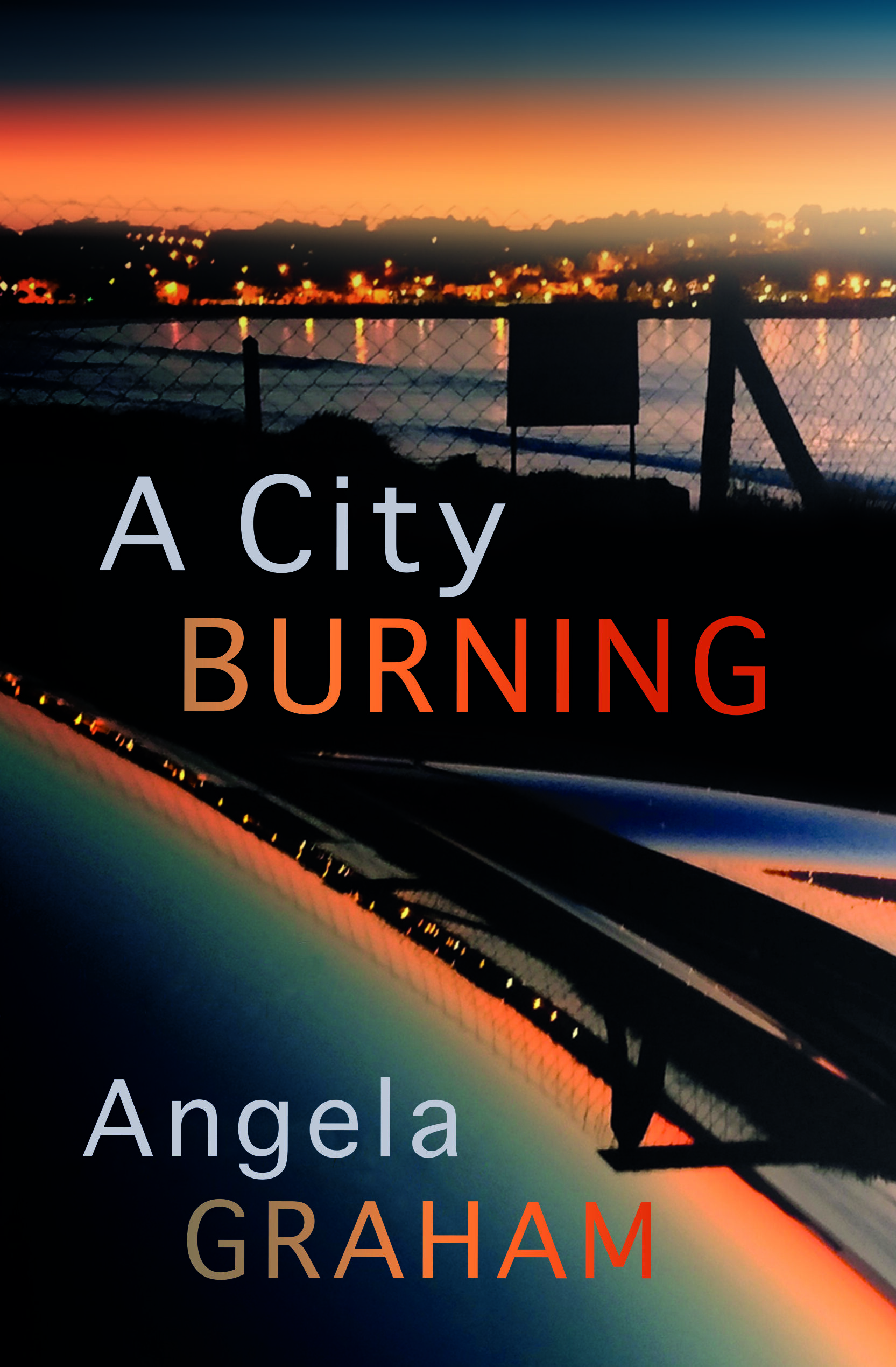My Ulster-Scots poem A Heerd Tha Sodjer on Tha Radio was featured on BBC Radio Ulster’s KINTRA
The poem won first prize in the inaugural Linen Hall Ulster-Scots Writing Competition. It’s about the evacuations from Kabul in August. A person in Ulster hearing a British soldier talking on the radio about preventing people from accessing the airport. His vivid account sweeps the listener up into a tragic event and into the trauma suffered by the soldier. Listening in the safety of home, thousands of miles away, how can one react to such circumstances?
It isn’t often a poet gets to listen in on a discussion of a poem and, thankfully, this one was entirely positive. I was particularly struck by co-presenter, Rab Lennox’s reaction. He made the point that every time he’d heard about that evacuation situation it was always reported in English ‘but tae hear it in yer ain tongue, it maks it all tha mair real.. It shakes ye.’
Poet, Anne McMaster commented on the strong emotional current in the poem and said that when she writes in Ulster-Scots she is going ‘tae tha wurds that lift frae yer hairt’, as though writing in Ulster-Scots drives the process down a layer, deeper into her emotion.
Presenter, Helen Mark, in an interview with me, said that I had used, ‘rich, strong Ulster-Scots… for a very just-happened, modern-day’ story. Ulster-Scots is, to me, very much about ‘present experience and everyday life.’
It was a pleasure to hear Gary Morgan, who won second prize for poetry, in an interview with Jonny Crawford. Gary is from Carnlough , or ‘Carnla’, as locals say. He talked about growing up in a Catholic background and what that meant ‘tae us weans’. HIs poem, ‘The Confeshion’ is about a child’s experience of recounting his sins and the interaction between parish and home. He said that ‘sometimes Ulstèr-Scots has, maybe unfairly, been seen as a Presbyterian language and that’s not a hundred percent true… where I live it would be quite a diverse community an everybody wud engage in speakin in wurds o Ulster-Scots at some time o the day an I just wanted tae maybe inspire ither people tae show an interest an express themelves through tha Ulster-Scots.’
